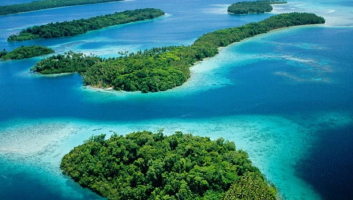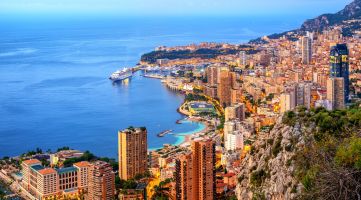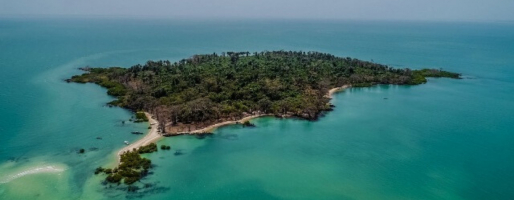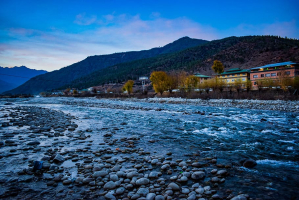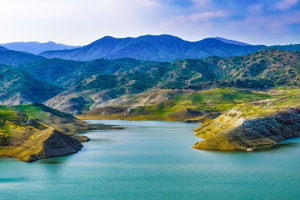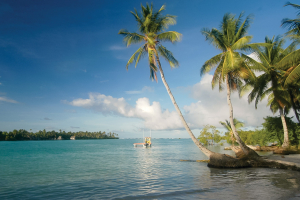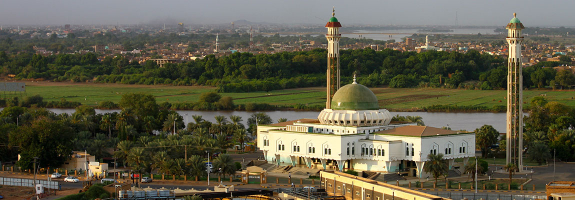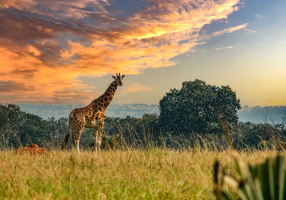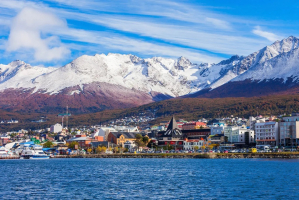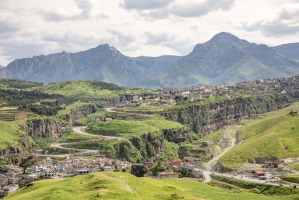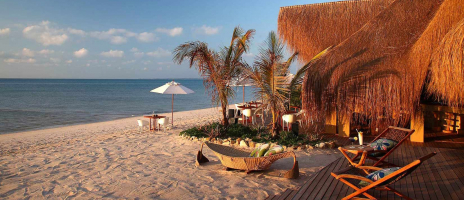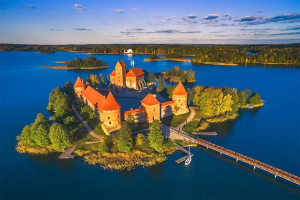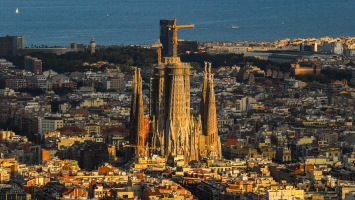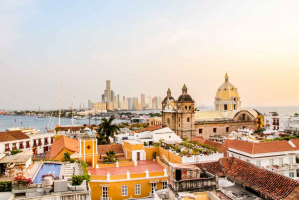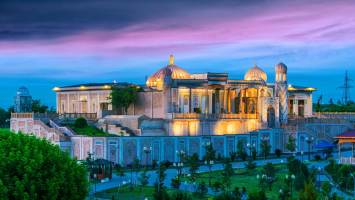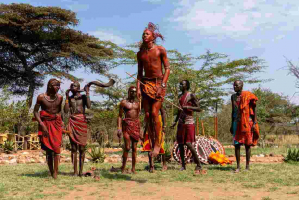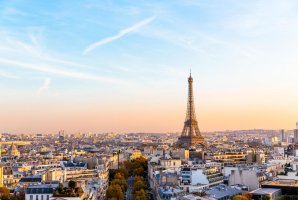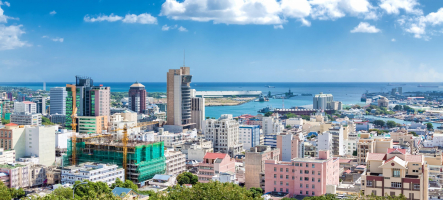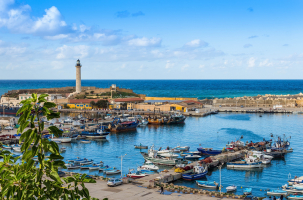Top 9 Things To Know Before Traveling To The Comoros
The Comoros is known for their warm and welcoming people, beautiful weather, and world-class beaches. The crown jewel is its underwater world, which should ... read more...make even the most famous countries in Southeast Asia envious. Let's take a look at the things to know before traveling to the Comoros.
-
To enter the Comoros, you will undoubtedly need a visa. It is one of the most important things to know before traveling to the Comoros. Howerver, the Comoros government has confirmed that all nationalities are granted visas on arrival. At the Hahaya airport, you will still need a valid passport and pay a fee. In Comoros, a tourist visa has a 45-day validity and costs EUR 30. To ensure a smooth entry, you must follow the instructions given at the airport or at any point of entry. It is recommended that you seek out an airport officer to assist you in obtaining a tourist visa when you arrive in Comoros. Although there will be many people at the airport who will try to assist you, only officers with badges should be trusted in this situation.
Once you've confirmed your entry into the Comoros, take a taxi to your hotel or private accommodation. Because taxis do not have meters, you must agree on a price before using the service. At the airport, a private taxi can cost anywhere from 2,500 to 12,500 KMF. Although it may appear to be more expensive, it is better because you can travel with your entire luggage and you will not be sharing the service with other passengers, as is the case in Comoros. For recommended services and more information about entering Comoros, visit the Comoros Embassy's website.
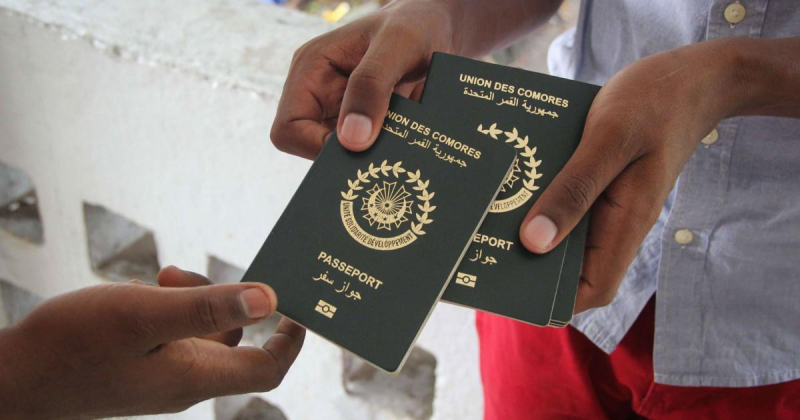
visadaisuquan.com 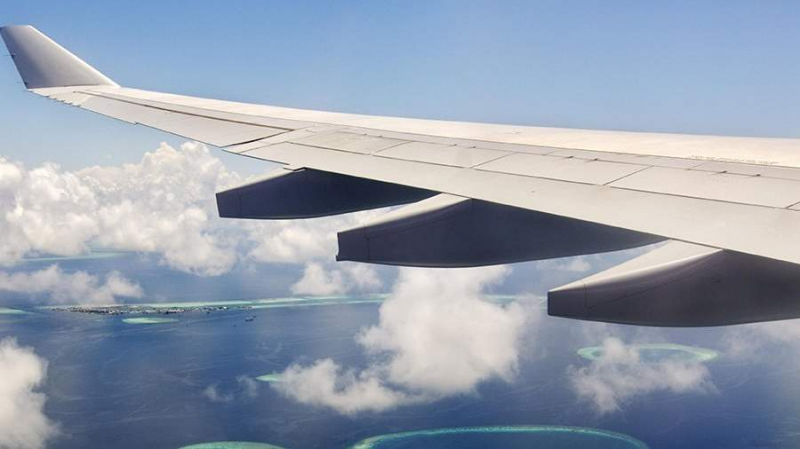
vietnamimmigration.com -
French, Arabic, and Comorian are the official languages of the Comoros. The majority of people can communicate in all three languages. Because the archipelago and France have such a strong bond, the French influence cannot be ignored. If you are not one of those people who can pick up a language quickly, English is widely spoken. The majority of Comorians are familiar with the Queen's speech and would be happy to assist you. As a result, if you want to communicate with locals without speaking Comorian, you should brush up on your French, or at the very least learn a few key phrases in French, but you should be able to get by with English as well.
Comorians are naturally warm and welcoming. Despite the country's many flaws and high poverty rates, the Comorian people are always so friendly. They will always be available to help you if you require assistance, and even if you speak different languages, people will be willing to assist you. Their economy is based on tourism, and they are aware of the importance of good behavior.
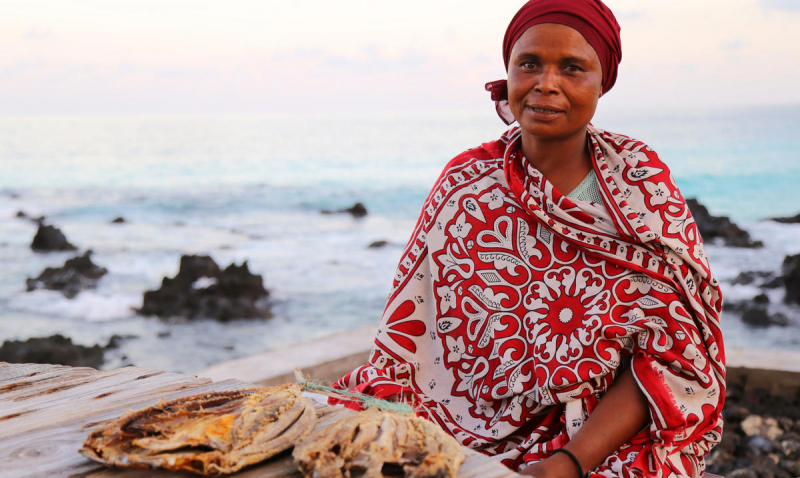
iexplore.com 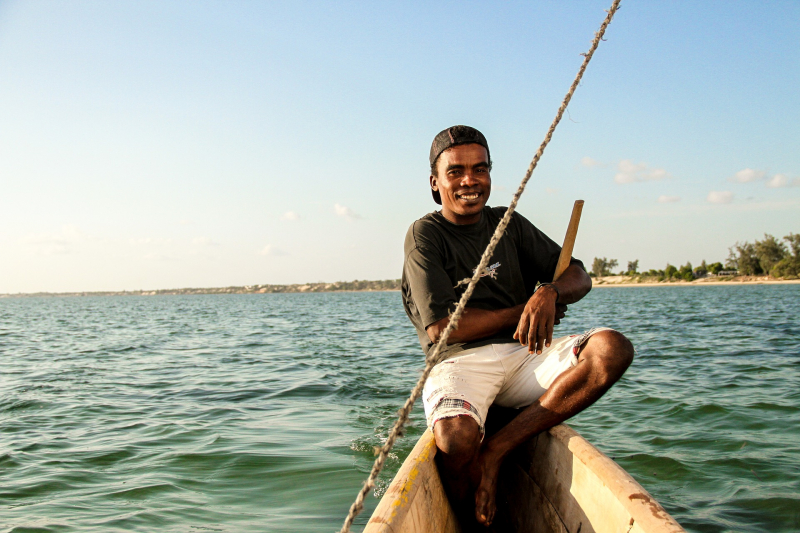
african-languages.com -
The Comoros Franc (KMF) is the official currency, but the Euro is widely accepted, and the two currencies maintain a stable exchange rate, similar to the relationship between the US Dollar and the Tanzanian Shilling. The Comoros Franc is available in coins (25, 50, 100, 250) and notes (25, 50, 100, 250). (500, 1000, 2000, 5000, 10 000). In general, 1 Euro is worth 490 KMF, and 1 USD is worth 420 KMF. Because its value is tied to the Euro, many major tourist establishments accept Euros as payment. On Grande Comore (Ngazidja), foreign currency can be exchanged at banks in the towns, but banking services are limited on the other islands.
Banks are open on weekday mornings only, from 7 am to 12 pm. Besides, the acceptance of credit cards is limited to a few upmarket hotels. For example, there is an ATM that accepts VISA bank cards at the port, in the lobby of the Retaj Hotel, as well as a few other ATMs in Moroni and one in Mitsamioul on the north of Grand Comore.
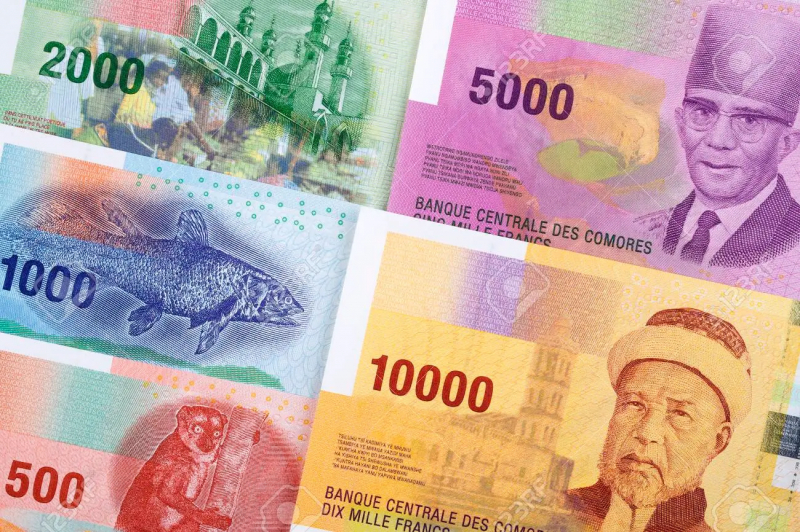
123rf.com 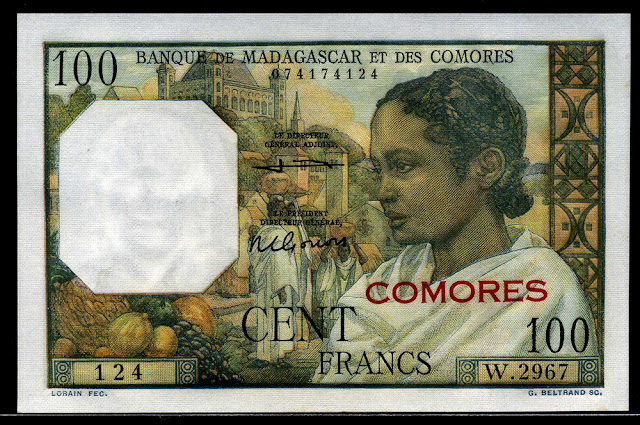
worldbanknotescoins.com -
The decision of where to stay in the Comoros could be the most difficult part of the journey. Before embarking on such a journey, you should do some research on some great places to stay in Comoros.
- Retaj International. It is a good option on the coast. It has no beach but the rooms are clean and spacious.
- Golden Tulip. The hotel has pleasant ocean-facing rooms with a great bar and a nice sandy beach.
- Hotel Al-Amal (+269 771 1010). It is the best option in town with clean sea-facing rooms – although dining over the road at Pension Papillon is recommended.
- Maison AZ&MA (+269 616268). The hotel is located in the ’burbs in a family home. The larger chambre confort plus rooms are recommended.
- Le Relais Forestier. It comprises hillside bungalows within lemur-rich forest; there’s a Zen feel on account of the on-site yoga classes.
- Les Baobabs. It is a residential house in Bandrele with lovely rooms furnished with a seaside flavour and great views from the breakfast terrace.
- Les Couleurs in Petit-Terre. It is a friendly little B&B located close to Lake Dziani.
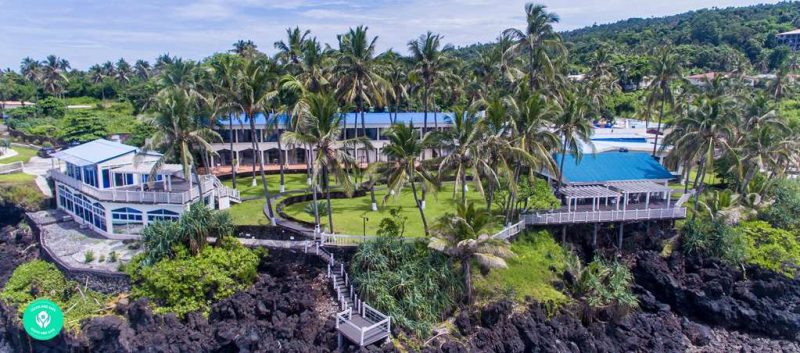
goldentulip.com 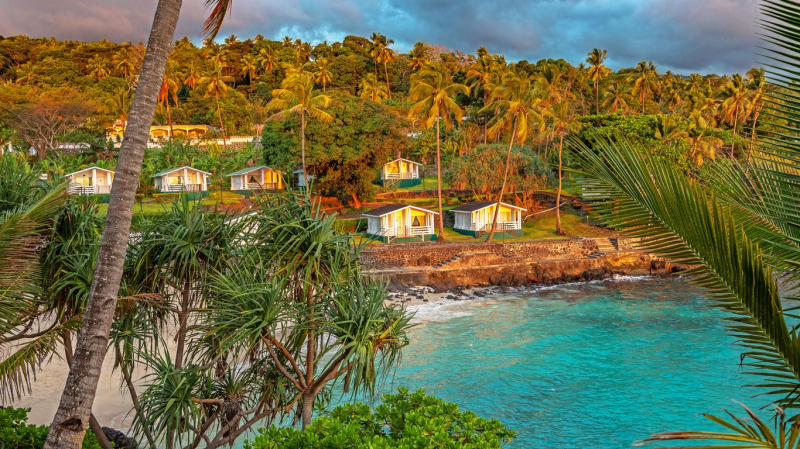
kayak.com -
Apart from buses that run between Moroni and various villages only in the mornings, Grand Comore has no public transportation. Hitchhiking is the most common mode of transportation. Travelers who hitch a ride are sometimes expected to pay a small fee by the locals. The European Commission has banned all Air Service Comores flights, with the exception of one aircraft (type LET 410 UVP, with the registration D6-CAM), from operating within the EU due to ongoing safety concerns. Other available airlines or Air Service Comoros aircraft should be used whenever possible.
From Chindini, on Grand Comore's southern coast, to Hoani, on Moheli's northern coast, there are boats that run. These are small fishing boats made of fiberglass that are in varying states of repair. They should only be used on calm days, as passengers have been forced to dump their luggage into the sea, and some boats have gone missing, according to rumors. On calm days, however, these boats are relatively safe to use. More convenient are large ferries (two or three per week) from Moroni to Foumboni on Moheli. There is also a larger ferry boat that runs from the east coast of Grand Comore to Anjouan. You should always check for safety equipment and heed the advice of locals. This is unquestionably one of the most important things to know before traveling to the Comoros.
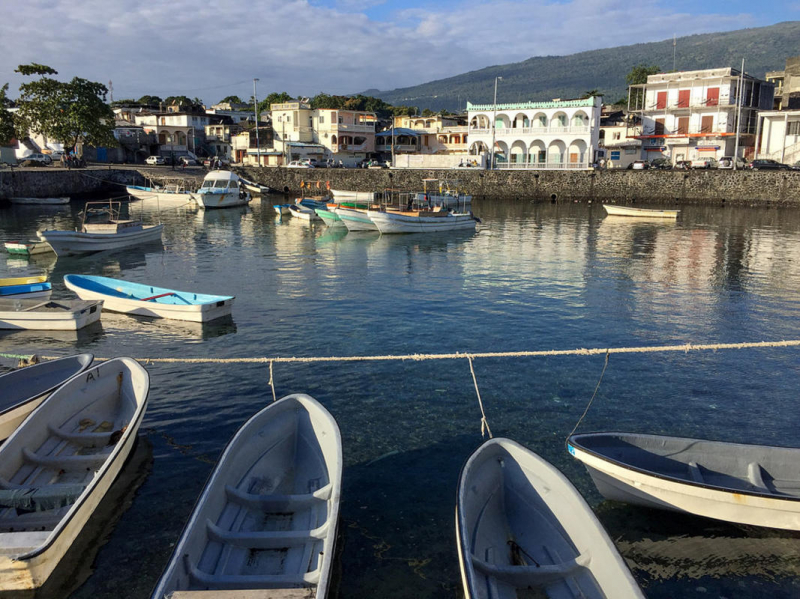
iexplore.com 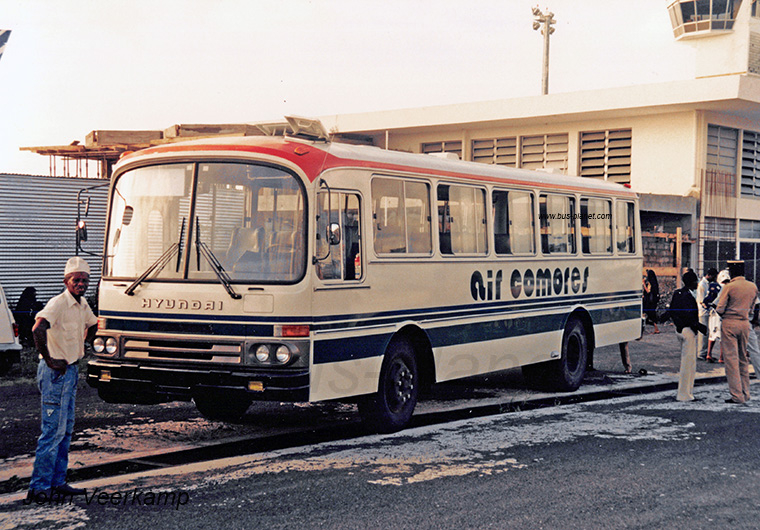
bus-planet.com -
With Comoros being an island nation, it makes sense that seafood is the cuisine of choice here! The cuisine of the Comoros is a delightful fusion of Arab and French flavors. The nation never runs out of fresh seafood and even dried varieties. Even if you aren’t a lover of seafood, it is certainly worth embracing, as the fish you get here is certain to be some of the freshest that you’ll ever eat. Fish is served in almost every meal, particularly in stews, along with staple dishes such as rice and meat.
Comorian cuisine is rich in flavor, with spices such as vanilla, cardamom, cinnamon, coriander, cloves, and nutmeg grown locally. Langouste a la Vanille (lobster cooked in vanilla sauce) and barbecued goat meat, as well as other types of meat kebabs, are local favorites. Rice and colossal cakes are served as a ceremonial dish. Porridge is a staple on the Comoros Islands, as it is in many other African countries, especially one made from cassava and often garnished with dried fruits. Fresh fruit, particularly pineapple, avocado, banana, and pawpaw, is abundant on the islands. A local favorite is jackfruit, a large, one to two-foot-long green snack that tastes similar to lychee and is widely available.
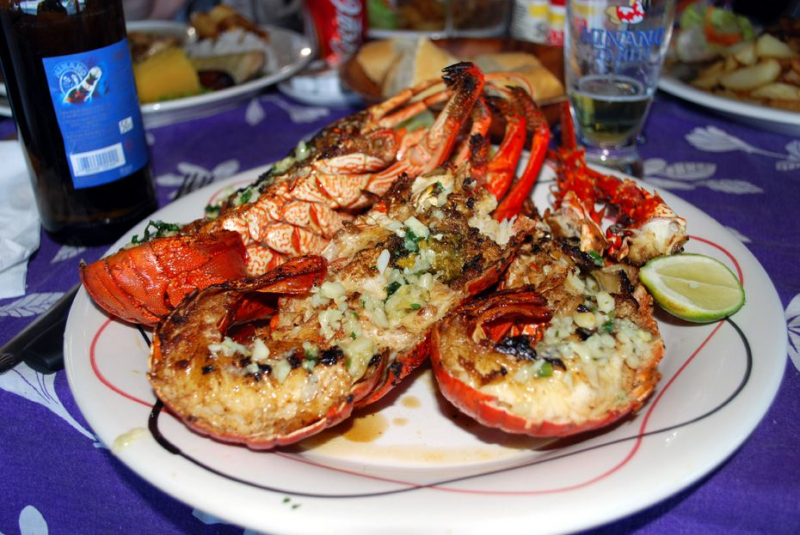
pinterest.com 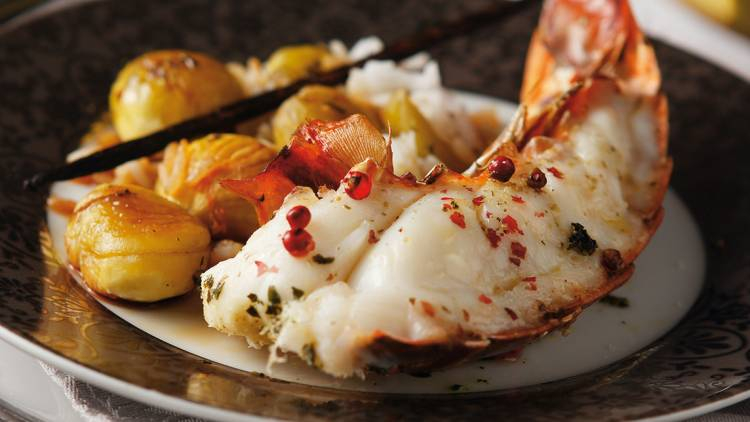
tiplr.com -
Comoros Island is known for its unparalleled beauty and friendly Comoros culture. However, one can add safety to it too. It is one of the safest places to travel to. In fact, for those who are wary of mishaps and con artists, this is a place to unwind and let your hair down. There has been hardly any news regarding burglaries and robberies. Even hitchhiking in the most remote part of the island is considered to be safe. However, this does not mean that crime will not happen, so you should take sensible precautions against pick-pocketing and mugging. Avoid walking alone at night on beaches or in town centres. Safeguard valuables and cash. Use hotel safes, where possible.
Besides, Comoros is a Muslim country, so If you are a woman, remember to always cover your knees, shoulders, and chest in public. It should also be noted that since this is a Muslim-majority country, alcohol is not widely available here, and there are only a small number of places that are licensed to sell alcohol. If you drink, this is important to keep in mind.
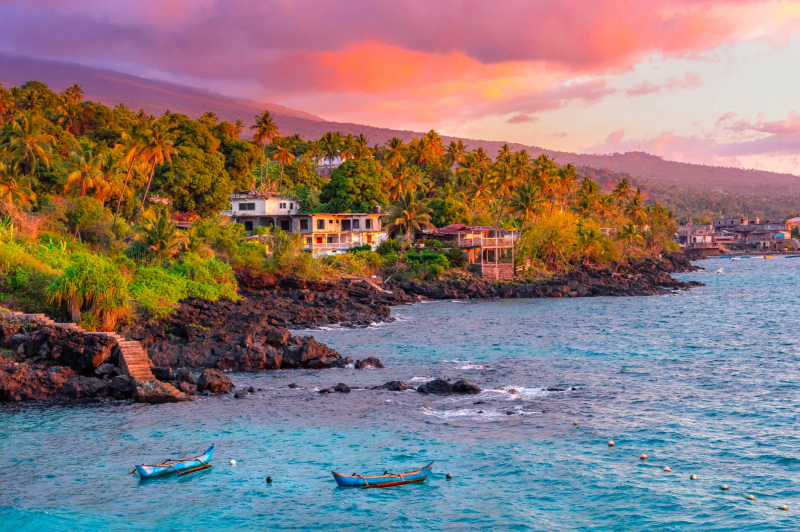
vanilla-islands.org 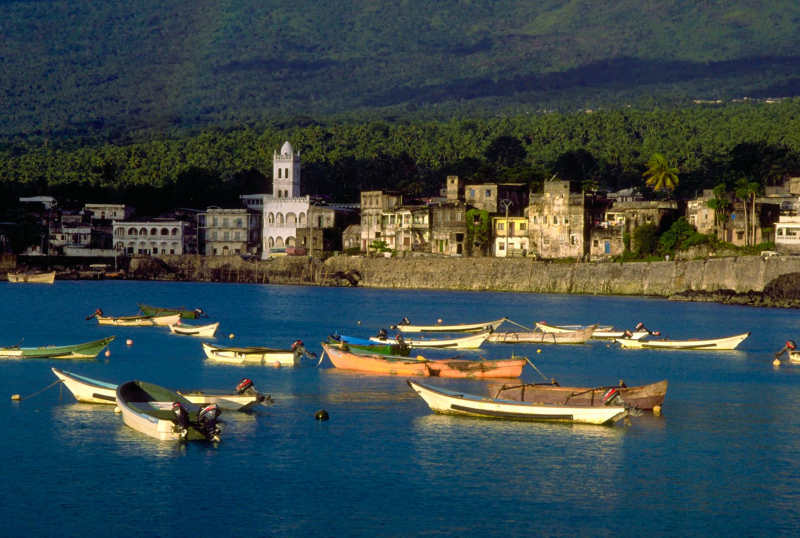
seeafricatoday.com -
In the Comoros, there are many interesting places to visit. There are four developed islands with white sand beaches, rainforest hiking, giant fruit bats, volcanoes, and other attractions. The Comoros Islands are a tourist puzzle that must be solved one piece at a time. Moroni is a fascinating capital city because it doesn't feel like a capital at all; in fact, it barely resembles a city. The Grand Mosque du Vendredi and the market would be the only tourist attractions here.
One of these natural wonders is the Lac Sale lake. This bottomless slat water lake has been intriguing travellers for time immemorial. A hike to the crater of the Karthala volcano will be an unforgettable experience. However, the majority of the trip will be spent on the beaches of Moheli in the Comoros Islands' capital. It is not only the play of light and water that attracts visitors, but also the diverse fauna that thrives in the area. People scuba dive with dolphins and sea turtles, and humpback whales and dolphins make regular visits to the area, creating a spectacular sight to behold. Many tourist attractions in the Comoros Islands make it a must-see destination. This is unquestionably one of the most interesting things to know before traveling to the Comoros.
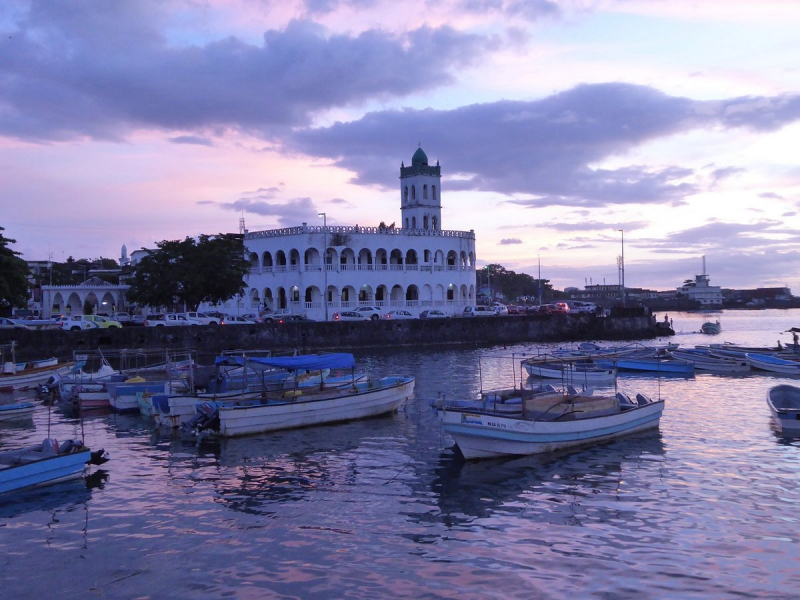
tripadvisor.com 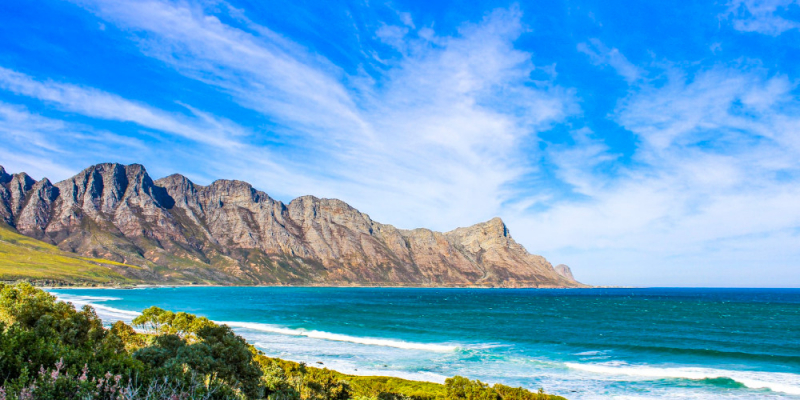
landflip.com -
Religious observances are frequently linked to festivals, particularly Islamic celebrations that follow the lunar calendar. Independence Day and the anniversary of President Said Mohamed Sheikh's death are both national holidays in the Comoros. The first, which marks the beginning of the year, and the second, which follows the Islamic calendar, are celebrated by Comorians. Traditional celebrations often include music, dancing, and cultural performances, which you can take part in.
- New Year's Day. In the Comoros, both New Year's Days (January 1st and the Islamic New Year) are celebrated with zeal. The Islamic New Year is particularly interesting because it is marked by a variety of activities that incorporate local culture and traditions, as well as religious rituals.
- Independence Day. Every year on July 6, Comorian independence day is commemorated to commemorate the country's liberation from colonialism. The festivities are marked by good food, cultural presentations, and merriment, as are other events on the islands.
- Eid al-Adha. The Feast of the Sacrifice, also known as Eid al-Adha, commemorates Abraham's willingness to sacrifice his son (Ishmael) in obedience to God. It is an annual Islamic holiday celebrated by Muslims all over the world, including the Comoros.
- Eid al-Fitr. This feast marks the conclusion of the month-long fast (Ramadan) and is celebrated with all kinds of rituals, prayers, gifts, and lots of ceremonial food.
- Christmas Day. Christmas Day is observed by the Roman Catholic minority living in the Comoros with festive gatherings of friends and families.
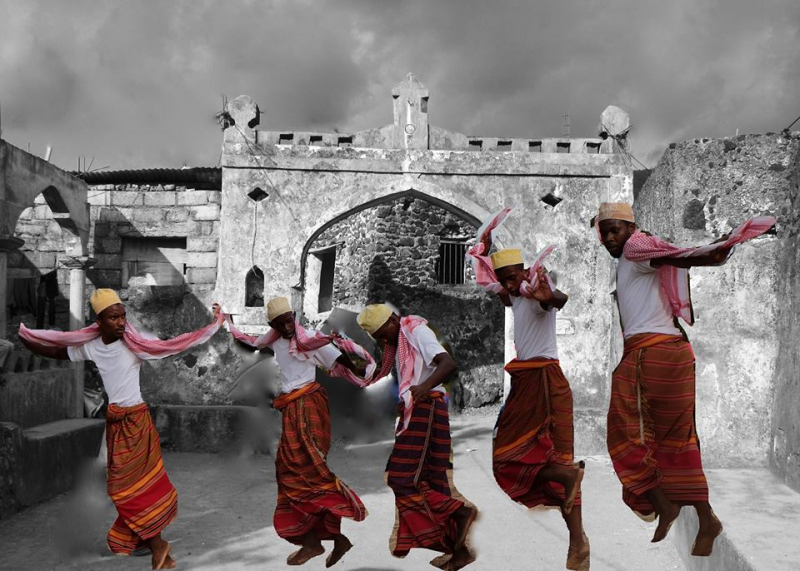
atcnews.org 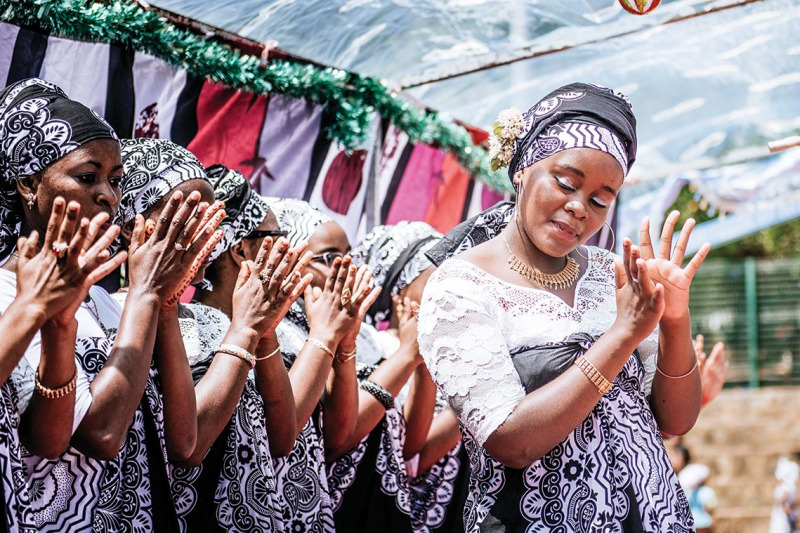
yoair.com











